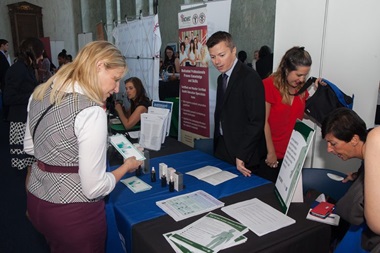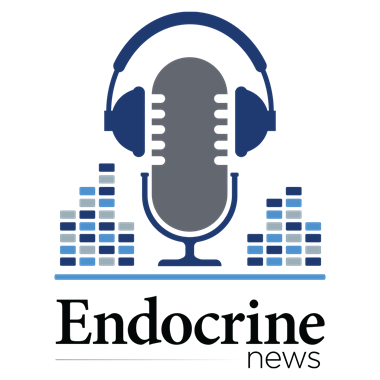Among transgender and gender-diverse adults whose gender identity is nonbinary—not exclusively male or female—and who choose low-dose hormone treatment, most prefer to continue testosterone therapy at lower-than-recommended doses after at least six months of treatment, a new study finds. The study will be presented Sunday at ENDO 2024, the Endocrine Society’s annual meeting in Boston, Mass.
“Current guidelines for initiation of testosterone for gender affirmation assume that transgender and gender-diverse, or trans, individuals desire both rapid and complete masculinization,” said lead researcher Brendan Nolan, M.B.B.S., Ph.D., of the University of Melbourne in Melbourne, Australia. “However, we have noted that an increasing number of trans individuals, particularly those with a nonbinary gender identity, desire lower testosterone doses than recommended in existing guidelines.”
Research evaluating low-dose hormone therapy for trans people is limited, Nolan said. He and his colleagues therefore studied the duration of low-dose testosterone treatment among 46 young adults assigned female at birth and who identified as nonbinary. The patients applied 1% testosterone gel to their skin beginning with a median (midpoint) dose of 25 milligrams per day (mg/day). By their last follow-up visit, the patients were treated with median dose of 37.5 mg/day, with a range from 25 to 50 mg/day, less than the recommended full dose of 50 mg/day.
The researchers found that after the first six months of hormone therapy, 87% of the study patients (40 of 46) continued testosterone doses lower than those recommended in current guidelines. Only six patients chose to change their treatment regimen to full-dose testosterone. When the investigators narrowed their analysis to the 30 patients who received at least one year of testosterone therapy, 87% remained on a low dose at their last follow-up, Nolan reported.
Guidelines from the Endocrine Society for testosterone treatment of trans adults wanting masculinizing characteristics recommend 50 to 100 mg/day of testosterone for a 1.6% gel formulation. No standardized guidelines exist for persons desiring low-dose hormone treatment.
Although the investigators did not study the patients’ physical changes with testosterone therapy, Nolan said, “Theoretically, low doses could lead to slower or a lower degree of physical changes.”
Final blood tests showed that patients had a median total testosterone level within the low-normal range for cisgender men, he noted.
Nolan speculated that their findings suggest current guidelines for hormone treatment of trans adults may not apply to the needs of all nonbinary persons, but he said more research is needed.
“Future research should evaluate the influence of low-dose testosterone on clinical outcomes in trans including nonbinary people,” Nolan said.
Nolan receives funding from a Royal Australasian College of Physicians-Endocrine Society of Australia Research Establishment Fellowship.
# # #
About Endocrine Society
Endocrinologists are at the core of solving the most pressing health problems of our time, from diabetes and obesity to infertility, bone health, and hormone-related cancers. The Endocrine Society is the world’s oldest and largest organization of scientists devoted to hormone research and physicians who care for people with hormone-related conditions.
The Society has more than 18,000 members, including scientists, physicians, educators, nurses, and students in 122 countries. To learn more about the Society and the field of endocrinology, visit our site at www.endocrine.org. Follow us on X (formerly Twitter) at @TheEndoSociety and @EndoMedia.
Colleen Williams Senior Communications Manager, Public Relations Phone: (202)-971-3611 cwilliams@endocrine.org
Jenni Glenn Gingery Director, Communications and Media Relations Phone: (202)-971-3655 jgingery@endocrine.org


The Endocrine News podcast brings you the latest research and clinical advances from experts in the field, whether you are in your car, office, or out for a run.

Our top-ranked peer-reviewed journals are among the first to publish major developments and discovery milestones.